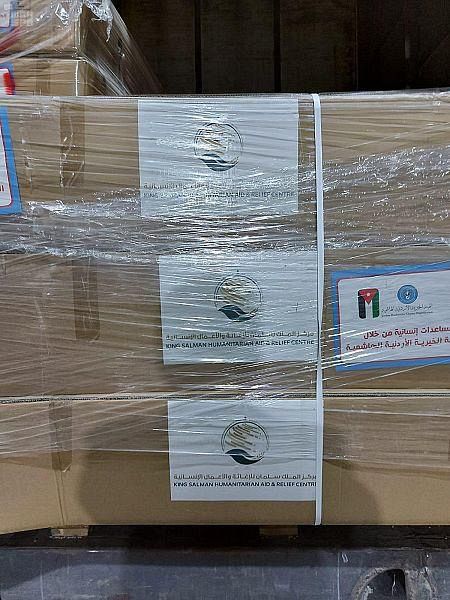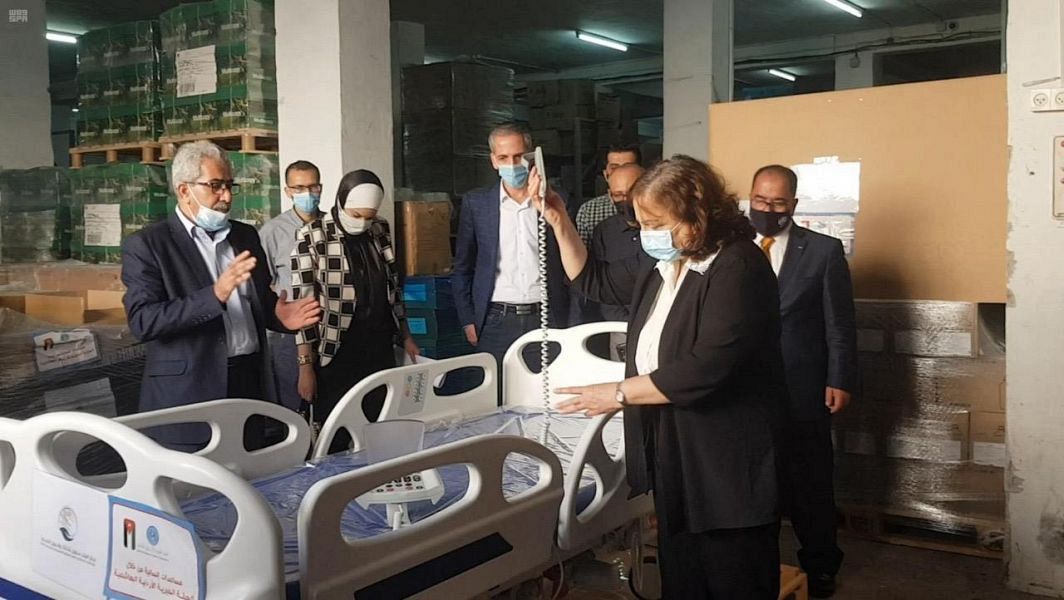
Saudi Minister of Finance and Acting Minister of Economy and Planning, Mohammad Al-Jadaan, highlighted the importance of the measures taken to protect the Kingdom’s economy and overcome the unprecedented financial and economic ramifications of the global coronavirus pandemic in the best way possible. He stressed that these measures complement previous decisions to mitigate the negative health, economic and social effects of the crisis
The Minister added that the government is committed to taking necessary and timely measures to protect citizens and residents, as well as the economy to mitigate the impact of the crisis. He emphasized that the crisis resulted in three economic shocks, each of which could in itself have an extremely negative effect on the performance and stability of public finance had the government not intervened by taking measures to absorb them.
Al-Jadaan explained that due to the precautionary measures taken worldwide to combat the pandemic, the first economic shock was the unprecedented decline in oil demand, which led to lower oil prices and a sharp decline in oil revenue that represents a main source of public revenue for the state budget.
Secondly, the precautions to protect citizens and residents and prevent the spread of the pandemic have led to the suspension or reduction of many local economic activities, which had a negative impact on non-oil revenue and economic growth.
The third shock was the unplanned expenses that required government intervention by increasing provisions for the healthcare sector to support the preventive and treatment capacity of health services, in addition to the adoption a number of initiatives to support the economy, mitigate the economic effects of the pandemic and maintain jobs for citizens.
Al-Jadaan stated that these challenges combined have led to a decline in public revenue and exerted pressure on public finances in a way that could not be dealt with later without causing harm to the overall economy of the Kingdom in the midsummer and long-term. Therefore, further reduction in expenditures is needed, as well as taking measures that support the stabilization of non-oil revenues.
Accordingly, the Ministry of Finance and the Ministry of Economy and Planning have presented these financial and economic developments and the proposed measures to tackle them; and a directive has been issued to take the most suitable and least damaging measures.
The impact of the approved measures is around 100 billion Saudi riyals, including cancelling, extending, or postponing some operational and capital expenditures for some government agencies, as well reducing provisions for initiative of a number of Vision Realization Programs and major projects for the fiscal year 2020.
In addition, the cost-of-living allowance shall be discontinued as of June 2020 and VAT shall increase from 5% to 15% as of July 2020.
Also, to improve spending efficiency, a ministerial committee has been established to study the financial benefits paid to all employees, contractors and those of similar status whom are not subject to Civil Service Law in government ministries, institutions, authorities, centers, and programs. It will present its recommendations within 30 days.
Al-Jadaan said: “We are facing a crisis the likes of which the world has not seen in modern history. It is a crisis marked by uncertainty, whose range and ramifications are difficult to predict, due to daily developments that require governments to act vigilantly and to make the suitable decisions at the right time and adapt to conditions in a way that safeguards public interest, protects citizens and residents and provides basic needs and necessary healthcare services.”
“These measures taken today, as tough as they are, are necessary and beneficial to maintain comprehensive financial and economic stability on the medium and long-term for the interest of the country and its citizens,” he stressed.








